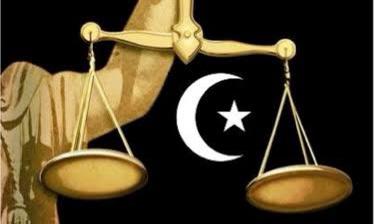The planned establishment of a Sharia Court in Oyo State has caused a widespread reaction on social media over the past few days.
This controversy began when the Supreme Council for Shari’ah in Nigeria, Oyo State chapter, announced its intention to establish a Sharia Court in Oyo town and its environs by January 2025.
While some netizens expressed support for the initiative, others strongly criticized it.
Those against it argue that establishing a Sharia court in the Southwest, a region predominantly inhabited by Yoruba people undermines the area’s cultural and religious diversity, where no single faith is dominant.
In response to the backlash, the Islamic Council later announced an indefinite postponement of the court’s inauguration.
As though expecting the news to climb up the media radar, the Oyo State government was quick to respond to the controversy surrounding the proposed establishment of a Sharia Court in the state.
Reacting, Governor Seyi Makinde reaffirmed his commitment to upholding the law of the land — the Nigerian Constitution.
Despite the recent debates surrounding Sharia law, many Nigerians remain unaware of its meaning and what the 1999 Constitution of the Federal Republic of Nigeria says about it.
Sharia law refers to the legal and moral framework derived from Islamic teachings, encompassing rules, principles, and ethical guidelines based on the Quran (the holy book of Islam), the Hadith (the sayings and actions of Prophet Muhammad), Ijma (the consensus of Islamic scholars on matters of law), and Qiyas (the process of analogical reasoning by comparing complex legal questions to similar cases resolved based on the Quran and Sunnah).
![]()



